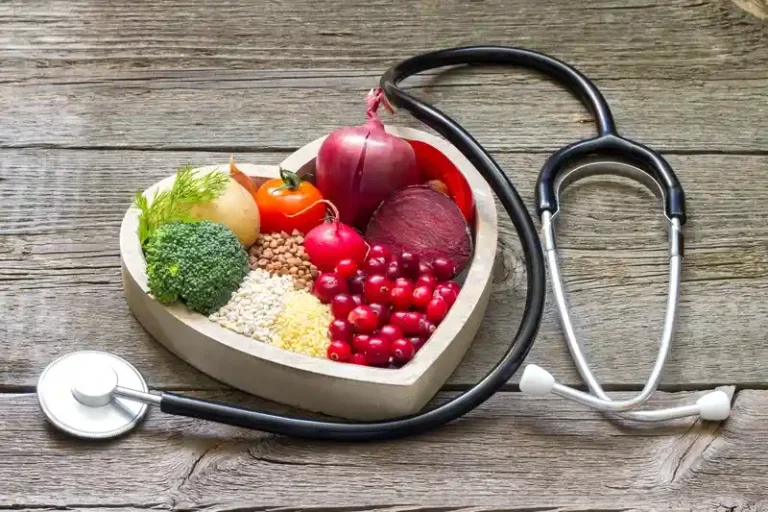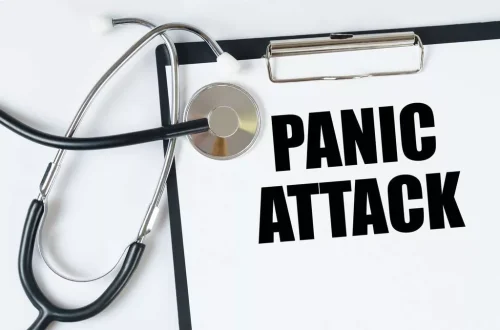
“The best beverages to rehydrate with should include electrolytes like sodium and potassium, as well as calories from carbs, proteins or fats to help the fluids be absorbed into the cells,” Pfau says. That said, being dehydrated before drinking alcohol could cause your blood alcohol concentration does alcohol dehydrate you to increase more quickly. Experts believe that too much sugar may make dehydration and other symptoms worse. This is likely because of the interaction of sugar and water within the cells. Higher sugar intake causes the cells in the body to transfer more water and increase urination.
Caffeinated drinks
In addition to being hydrating, many herbal teas have health-promoting properties that can help lower inflammation, support heart health, or promote relaxation and restful sleep. Dehydration also can occur in any age group if you don’t drink enough water during hot weather — especially if you are exercising vigorously. A person you care for may not have a sense of how much they’re drinking. These can be signs of serious dehydration that need urgent treatment.
Main Content

No matter, when water is pulled from our cells to dilute the sugar concentration in our blood, that will result in dehydrating effects throughout the body. Lemons are highly nutritious and a good source of electrolytes, including potassium, magnesium, and calcium, and drinking lemon water daily can help prevent fluid loss and avoid dehydration. Plain water lacks essential electrolytes such as potassium, sodium, chloride, calcium, and magnesium, which play a crucial role in maintaining the body’s fluid balance and preventing dehydration. Alcohol increases urination, depletes electrolytes, and interferes with the body’s ability to restore fluid balance, all of which are primary causes of fluid loss and dehydration. Drinking caffeinated beverages such as coffee, tea, sodas, energy drinks, and certain sports drinks won’t have a hydrating effect and may contribute to dehydration.

So, which alcohols are the most hydrating — or the least dehydrating?
- However, alcohol’s dehydrating effects will be somewhat reduced in some of the “lighter” alcoholic drinks.
- You can also drink water before you go to bed to help replenish hydration levels.
- Drinks with higher alcohol content, including vodka, whiskey, and rum, can have a stronger dehydrating effect than beverages with lower alcohol content, such as beer or wine.
- Some people forget to drink when hungry, which can impact the amount of fluids they consume.
- If you are dehydrated to the point that you are experiencing symptoms like weakness or loss of consciousness, you may need intravenous (IV) fluids administered in a healthcare setting.
Dehydration is when the body does not have sufficient amounts of fluid to function effectively. This happens when a person loses more fluids than they take in. In this article, we describe how alcohol dehydrates the body and provide tips on how to counteract dehydration due to alcohol consumption. As you drink alcohol, it accumulates in your body—especially if you drink large amounts at a fast pace. The higher your blood alcohol level is, the more you will notice its effects. Your body’s metabolism can turn some components of alcohol into nutrients and energy.
According to the Society for Endocrinology, ADH is produced and released by the pituitary gland. It’s the reason why you can usually sleep through the night without having to urinate. And when ADH release is suppressed, your body’s natural mechanism for holding https://ecosoberhouse.com/ onto fluid ceases to function. This is important because increased urination flushes electrolytes and nutrients out of your system, as well as fluid. “It’s important to replenish fluids after drinking, or better yet, while drinking,” Sternlicht says.

It’s hard to overestimate the importance of water to the body. Having the right balance of fluid in your system is essential for your body to carry out basic functions. Alcohol restricts blood vessel dilation and increases heart rate, which explains why drinking can cause arrhythmia and elevated blood pressure. Heavy drinking will cause dehydration, no matter what preventative strategies you are using. Sodium is an electrolyte mineral found in many foods, and most people obtain adequate amounts from table salt. For most of us, dehydration can present as lightheadedness, headache, decreased cognition, insomnia, fatigue, unusual mood swings, gas, bloating, constipation, dark-colored urine, and less frequent urination.
- Research published in Circulation found that potassium mitigates the adverse effects of alcohol on cardiovascular function and reduces the risk of high blood pressure.
- Hydration is the process of ensuring the body has enough water.
- Staying hydrated is important for your overall health and wellbeing.

